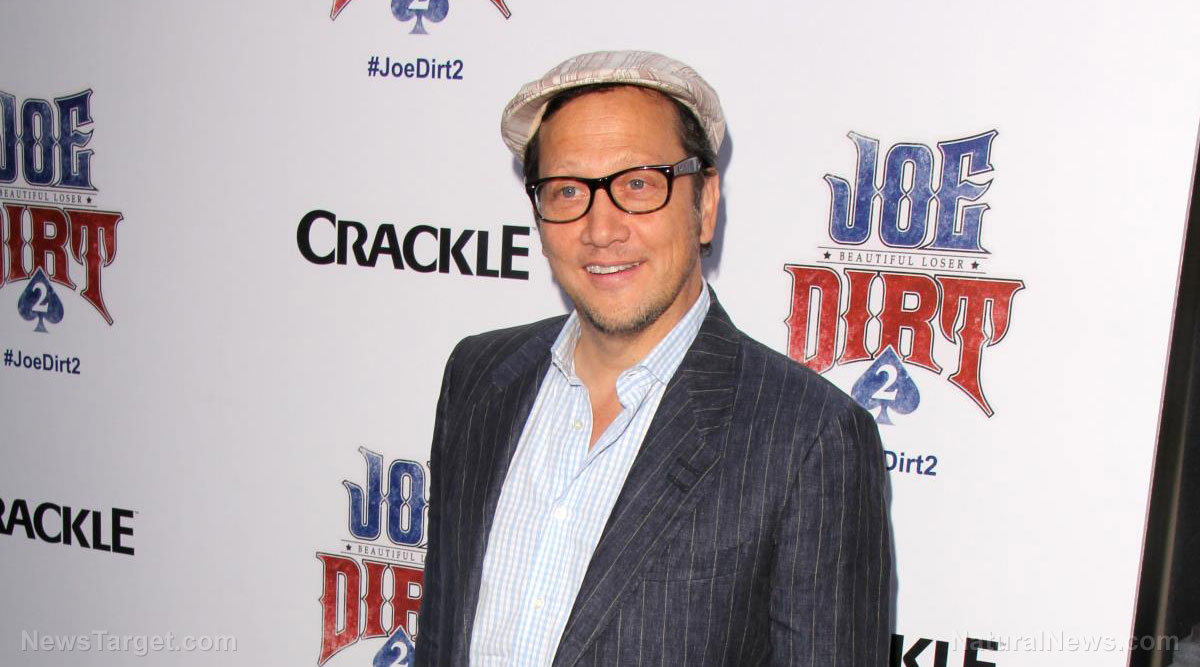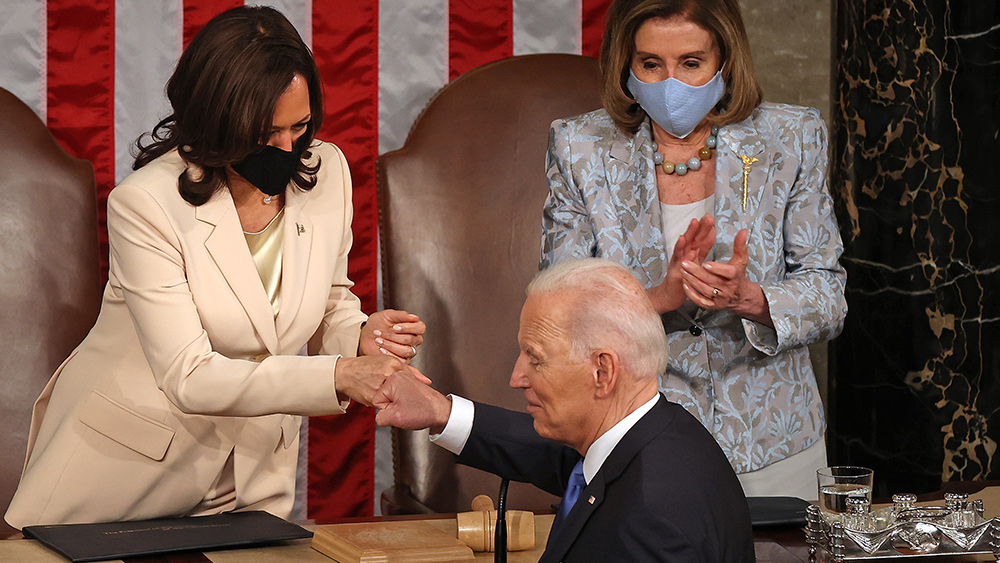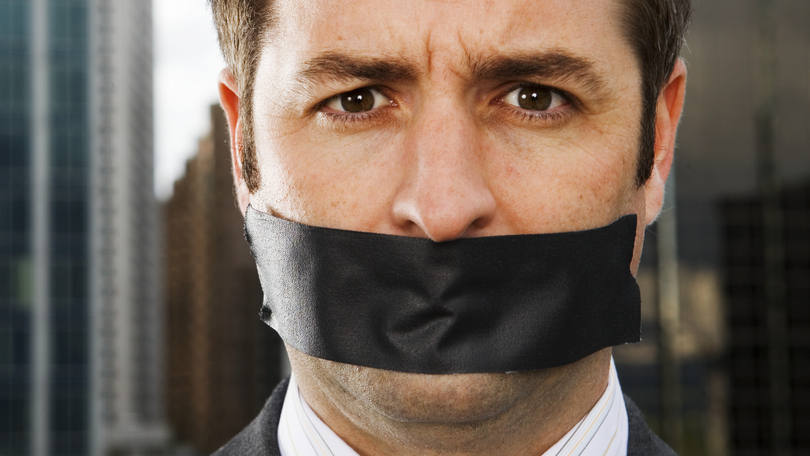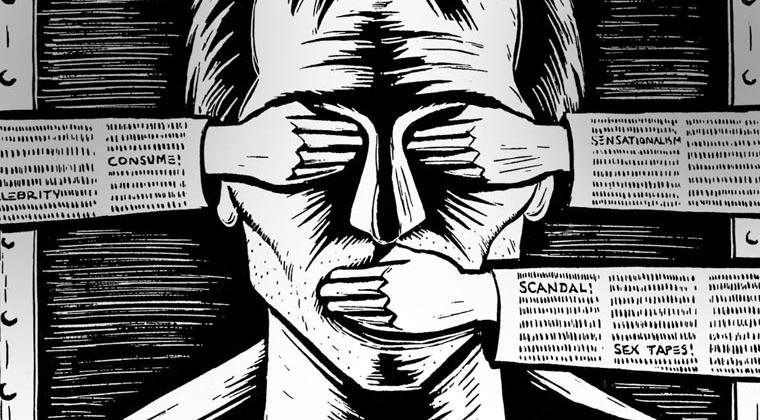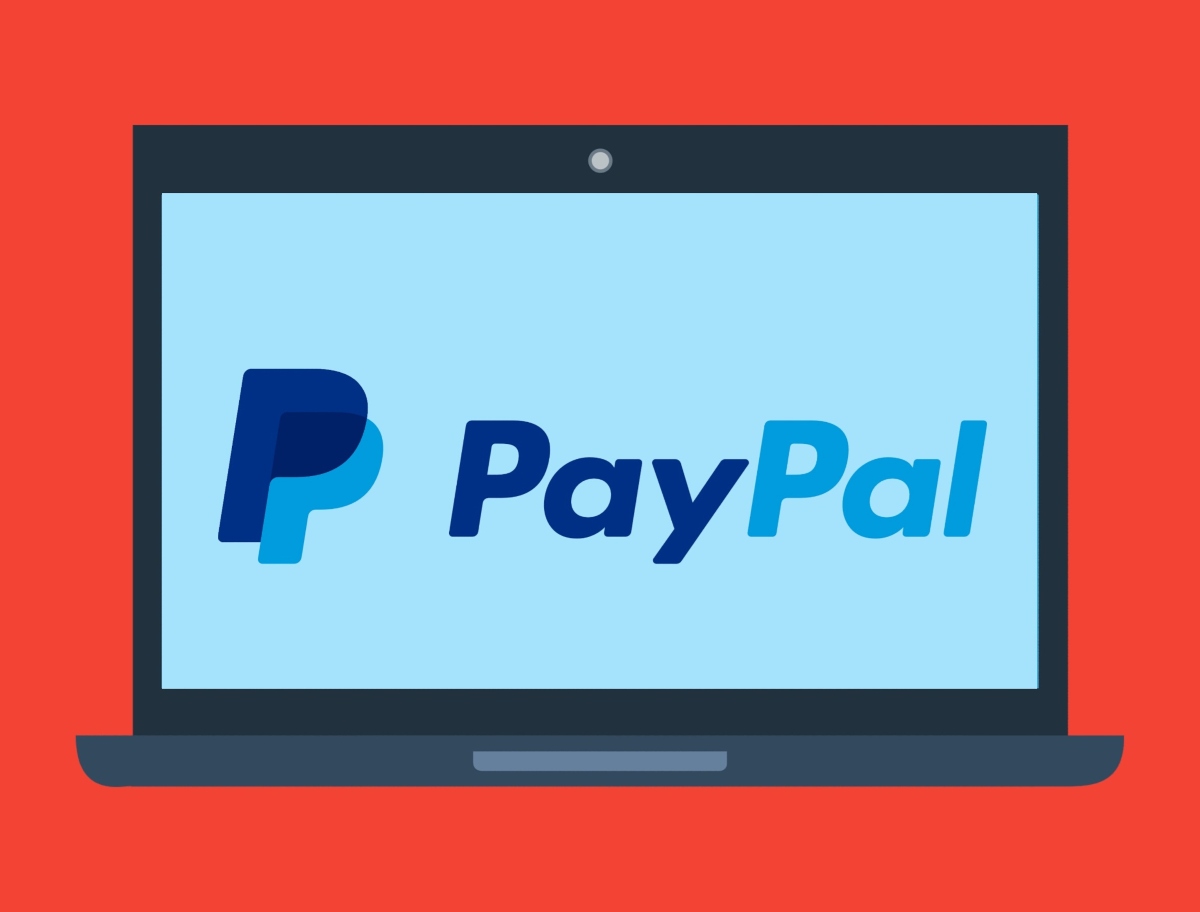Apple stocks plunge after SCOTUS challenges tech giant’s monopolistic practices, racketeering
05/15/2019 / By Ethan Huff
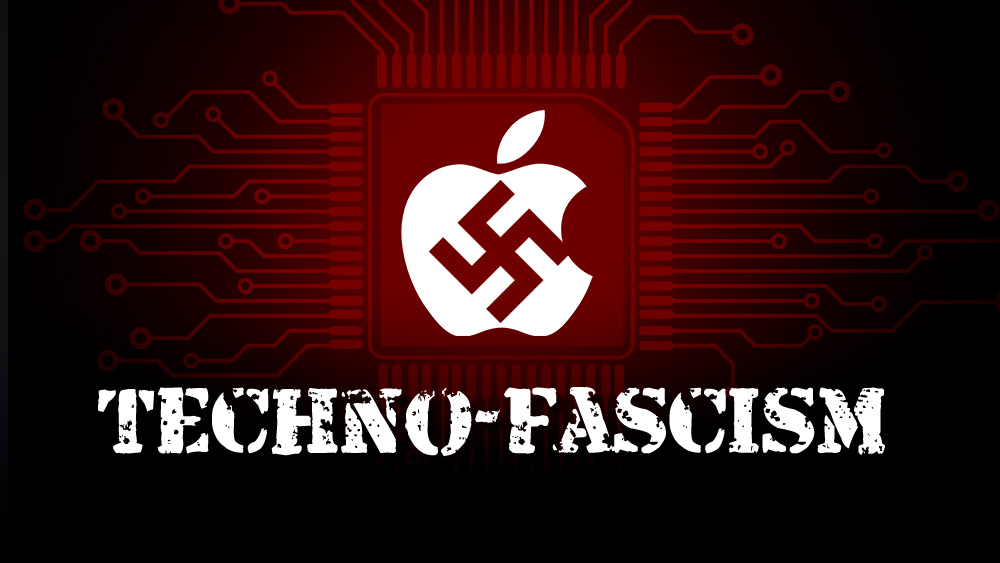
Supreme Court Justice Brett Kavanaugh is once again proving himself to be a worthy SCOTUS pick for whom we should all be thankful.
The persecution he infamously endured from Leftist Democrats last fall pales in comparison to the unique opportunity he’s now seizing by holding monopolistic, Big Tech predators like Apple accountable for violating antitrust laws and ripping off consumers.
In a landmark ruling, the Supreme Court, with Justice Kavanaugh casting the deciding vote in favor of We the People, has decided that a massive class-action lawsuit pending against Apple will, in fact, be allowed to move forward, in spite of Apple’s objections to it.
The highest court in the land is basically acknowledging that multinational corporations like Apple are no longer above the law, though they wish they were, and must be held accountable for their illicit business practices.
According to reports, the case represents the most direct legal challenge yet to Apple’s App Store monopoly, which siphons enormous fees both from developers and purchasers of apps.
Since Apple locks down Apple products, those who own Apple products have no other choice than the App Store when it comes to using their devices. Thus, Apple has long gotten away with charging a 30 percent commission to developers who sell apps through the App Store.
Worse is the fact that developers who sell apps in Apple’s App Store are prohibited from selling their apps anywhere else, a form of racketeering.
“Competitors have accused Apple of using the App Store to harm rivals,” explain Adam Liptak and Jack Nicas, writing for The New York Times (NYT).
“Spotify, Netflix, Amazon and others have sought to avoid the Apple fee by directing their customers to subscribe to their services directly. But smaller app makers would struggle to make such a move.”
For related news, be sure to check out Corruption.news.
It’s time for all of the Big Tech predators to be held accountable for their crimes against humanity
News of the ruling led to a rapid plunge in Apple stock, which reportedly dropped five percent after the markets opened the following day.
To make matters worse for Apple, trade tensions between the United States and China continue to escalate – China being where most Apple products are currently manufactured.
It’s nothing but bad news for Apple, in essence, though it’s great news for the common man, which will finally have the opportunity to seek justice against an anti-American corporate behemoth that, just like Google, Amazon, and many others, is also guilty of censorship in violation of the First Amendment to the U.S. Constitution.
Some self-professing conservatives might object to this SCOTUS ruling as being “anti-business,” especially as allegedly “fair and balanced” news outlets like Fox News spin the news as Justice Kavanaugh having “sided with liberal justices against Apple.” But don’t be fooled: This ruling is a good thing for individual liberty and true conservatism.
Keep in mind that this ruling sets a precedent for other Big Tech predators like Google, Facebook, and Amazon, all of which are amassing unprecedented control over what people are allowed to say and do online. Now, many of them might think twice about the direction they plan to go moving forward, assuming similar lawsuits are filed against them.
“Successful antitrust plaintiffs are entitled to triple damages, so the damages could be large if Apple loses the lawsuit,” the NYT explains.
“The plaintiffs’ allegations boil down to one straightforward claim: that Apple exercises monopoly power in the retail market for the sale of apps and has unlawfully used its monopoly power to force iPhone owners to pay Apple higher-than-competitive prices for apps,” Justice Kavanaugh himself wrote in the majority argument of the Supreme Court.
Interestingly, President Trump’s other SCOTUS pick, Justice Neil Gorsuch, was one of the dissenting votes.
Sources for this article include:
Submit a correction >>
Tagged Under:
Amazon, antitrust, app store, Apple, Apple store, Big Tech, Brett Kavanaugh, corruption, Facebook, fees, Glitch, Google, Illegal, iPhone, Justice Kavanaugh, lawsuit, monopoly, Neil Gorsuch, racketeering, scotus, Supreme Court, tech giants
This article may contain statements that reflect the opinion of the author
RECENT NEWS & ARTICLES
COPYRIGHT © 2017 CENSORSHIP NEWS




